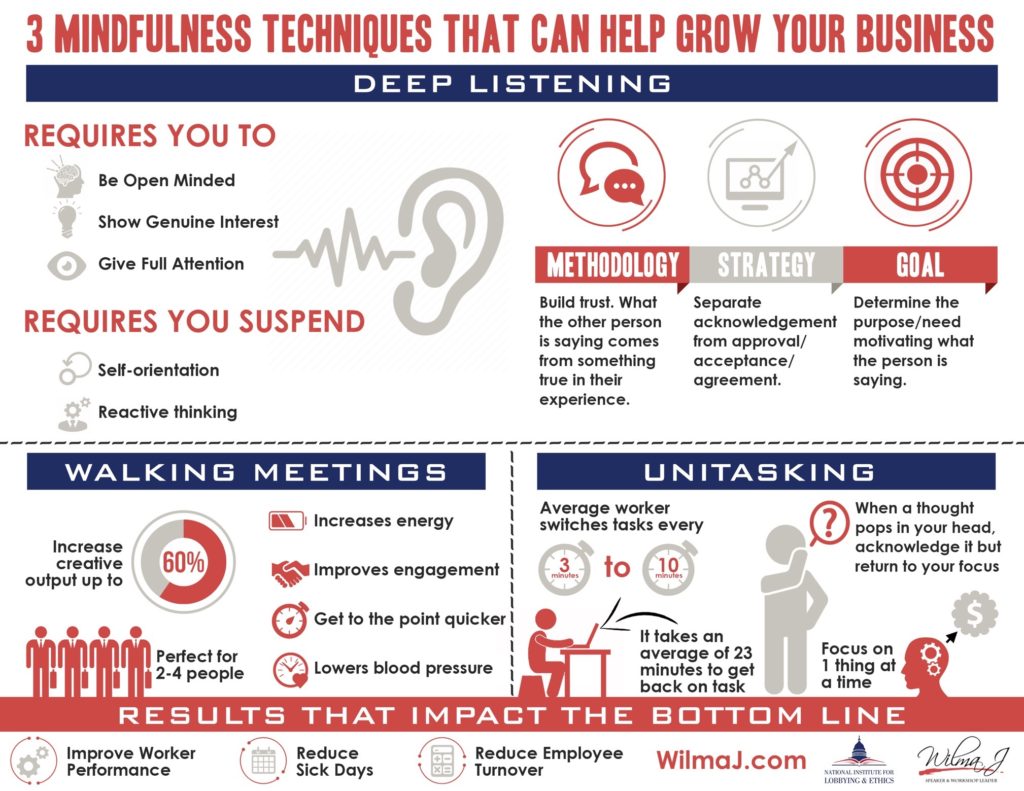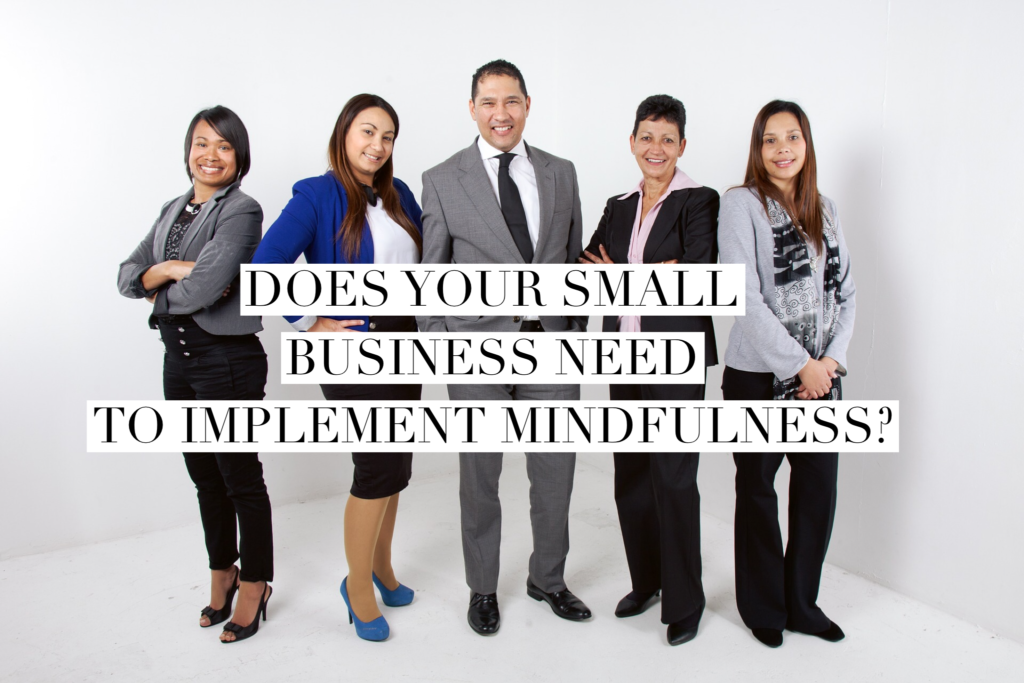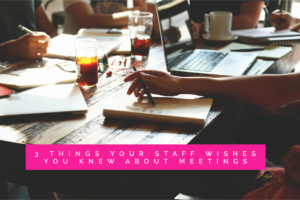The annual 2014 Gallup survey confirmed yet again that job related stress is the number one contributor to American adults lives. Pointing out that this work related stress costs employers $300 billion, Emma Seppala, Ph.D, Science Director of the Stanford University Center for Compassion and Altruism Research and Educationmade it clear that using mindfulness as a way to improve your work place should be important to company leadership as well as individuals.
Reviewing the impact of disengaged and actively disengaged workers, who together comprise well over 50 percent of the workforce is massive. The cost is estimated at $500 billion dollars in lost productivity. This drain on our economy can be reduced through implementation of mindfulness techniques. Seppala discussed her viewpoint that Americans love to be over scheduled. I am not sure if I totally agree with that. I think many of us have a hard time saying no. But for whatever reason, I agree that we often have way too much on our plates.
The advantage mindfulness provides is that it helps you “be present.” And the strategy that was discussed in this keynote, and really emphasized throughout the summit was my favorite, deep breathing. I knew deep breathing was good for me, and I know it’s improved my health. Maybe I heard it before, but it was good to know that lengthening your exhale will immediately lower your heart rate. And then we practiced it.
It’s little changes like taking regular deep breathing breaks that can make a difference in your workday and your health. Imagine how your blood pressure and heart health can be impacted by lowering your heart rate. It’s amazing how small changes can make big impacts to our lives. The summit started off with an awesome session reminding me and all the attendees of one of the bedrock components of living a mindful life.







